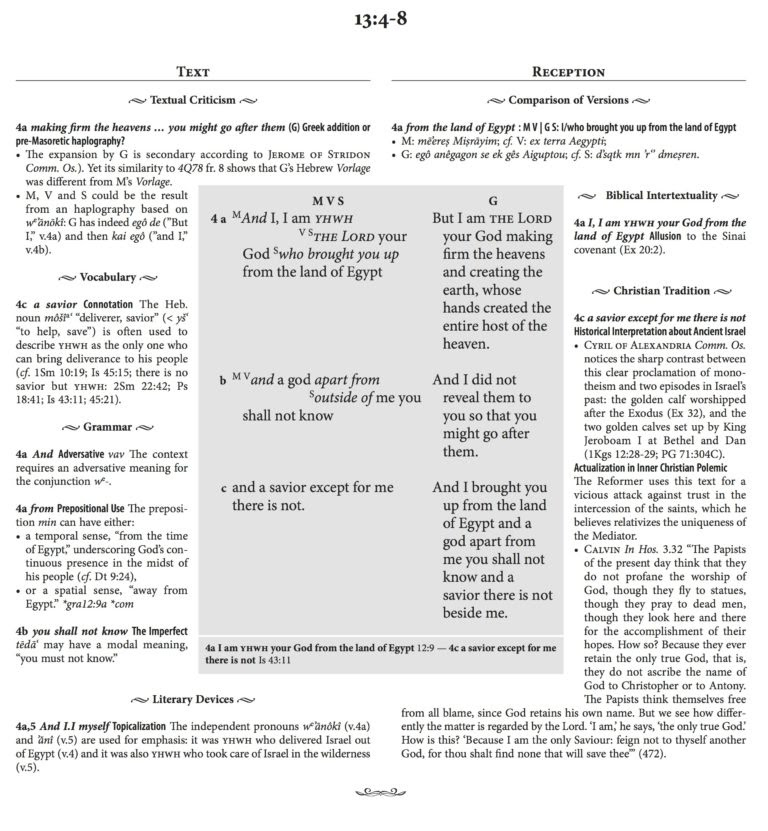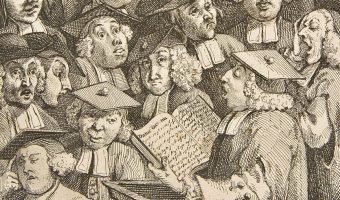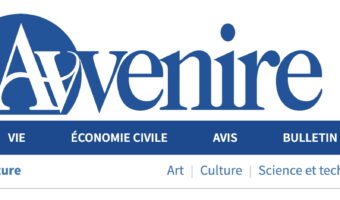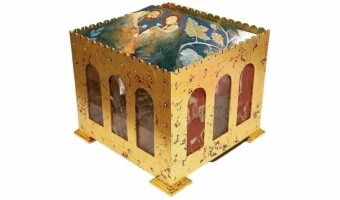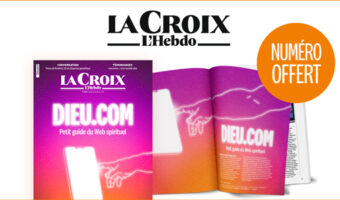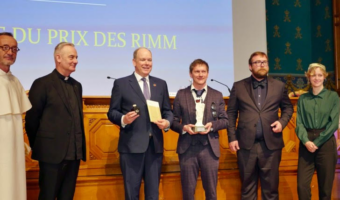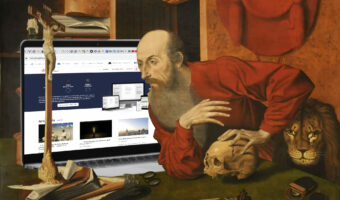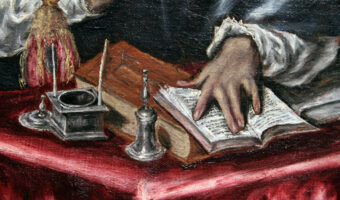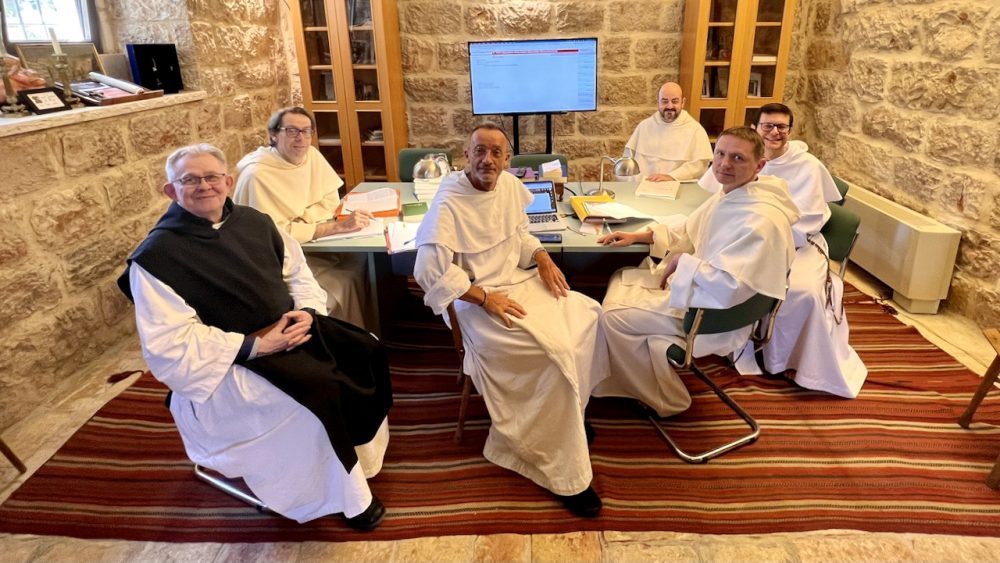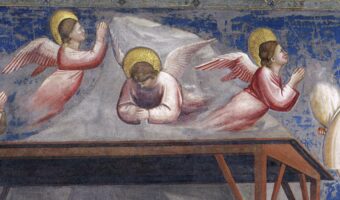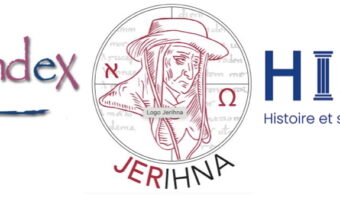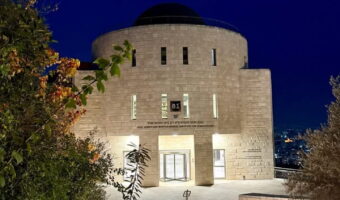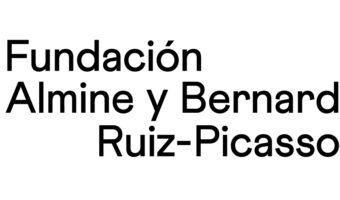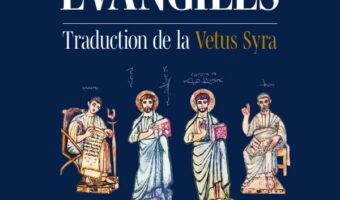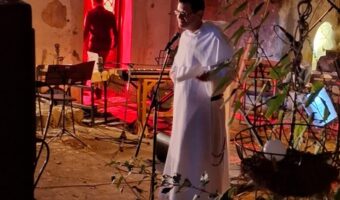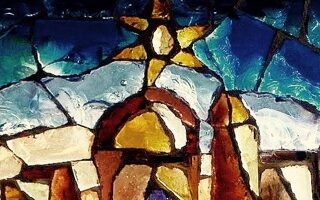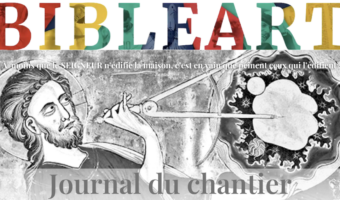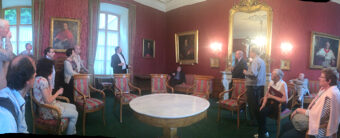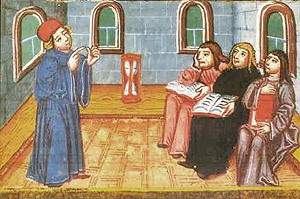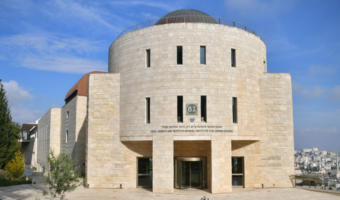According to the Talmud, “Four prophets prophesied in one age and the greatest of all of them was Hosea.”
The book of Hosea is in fact a key to the Hebrew Bible, a unique witness to the ancientness of Scripture, as it offers a number of the oldest attestations of the one or other tradition, for example the Exodus, the Decalog as well as such patriarchal legends as the cycle of Jacob…
Theological Revolution
But Hosea is much more than a deposit of ancient traditions. Hosea’s prophecy harbors phrases that have transformed the image of God forever:
“Because of this, behold, it is I who will lead her astray and lead her down into a wilderness and speak to her heart.” (Hos 2:14)
“And I will betroth you to myself forever and I will betroth you to myself in righteousness and in justice and in kindness.” (Hos 2:19)
“My people perish for lack of the knowledge.” (Hos 4:6)
“He will revive us after two days; on the third day he will raise us up and we will live before his face.” (Hos 6:2)
“Out of Egypt I have called out to my son.” (Hos 11:1)
“My heart has turned against me, my consolations have been kindled I will not do the heat of ⇥my anger… For I myself am God and not man.” (Hos 11:8-9)
“For I desire kindness and not sacrifice, and knowledge of God rather than burnt offerings.” (Hos 6:6)
“Where [is] your judgment, Death? Where [is] your sting, Hades?” (Hos 13:14)
In compiling as best they could fourteen chapters of glowing poetry, the ancient prophet of more than twenty-eight centuries ago and those who transmitted him gathered words that are forever living. Complaints and threats by the lover who had been turned away, the groaning of the deceived and still smitten husband, the implacable indictment by the angry judge, the triumphant blast of the trumpet, the father’s tender encouragement of his children – far from the immobile first mover of Greek philosophy, this is literally the heart of a passionate God who pours out his feelings that are turned upside down with humanity in these inspired pages.
Collaborative Work
Eugen Pentiuc, who is now professor of Old Testament and Hebrew and Associate Dean of Academic Affairs for Hellenic College and Holy Cross in Brookline, MA, is a former student of the Ecole biblique et archéologique française de Jérusalem. He did us the favor of joining the research program from the time it was launched at the 2006 Catholic Biblical Association (Fordham University). As a specialist in Hosea, he had already published a commentary on this book in Romanian in 2001. The impulse given to our work by Eugen has brought to the present writing its clearly philological contour, perseverance in formulating historical hypotheses throughout Hosea’s ancient prophecies, and an emphasis on the present-day relevance of Hosea’s teaching about the true personality of God, whose intimacy with the human being went even to the incarnation (cf. his Jesus the Messiah in the Hebrew Bible, New York / Mahwah, N.J.: Paulist Press, 2006).
Three other translators and philologists — fr. Łukasz Popko op (of the Ecole), fr. Etienne Méténier beat., and Gad Barnéa — made it possible to perfect the translation by moving to notes all conjectures concerning the Hebrew text and by systematically adding the readings found in the various versions, while eight other scholars enriched it with the history of the book’s reception.
Our Editorial Committee had considerable work to do for almost nine months, with each person dedicating him- and herself for the revision and elaboration of notes in their field of competence: Jorge Vargas for the translation and philological annotation, Paul-Marie Chango for philosophy, Augustin Tavardon for Protestant readings, Olivier-Thomas Venard for the literary description, suggestions for reading and supervision of the history of the book’s reception. Five external collaborators brought us their expertise for annotating the prophet in Christian tradition, mysticism, the visual arts and Jewish tradition. A dozen of translators-editors also intervened in order to adapt the material that was written in French. Nothing would have been possible without the extraordinary
For the first time, the four great versions in which this Word has gone through the centuries – the Masoretic text, the Septuagint, the Vulgate and the Syriac version – have been collated and meticulously translated into English on the same page; this is accompanied by a wealth of annotations that allow one to hear the echoes throughout the various periods, the confessions and the disciplines, from textual criticism to films, passing by way of the Jewish and Christian traditions, literature, painting and music.
“Who is wise and will understand these — intelligent and will know these?” (Hos 14:9).
